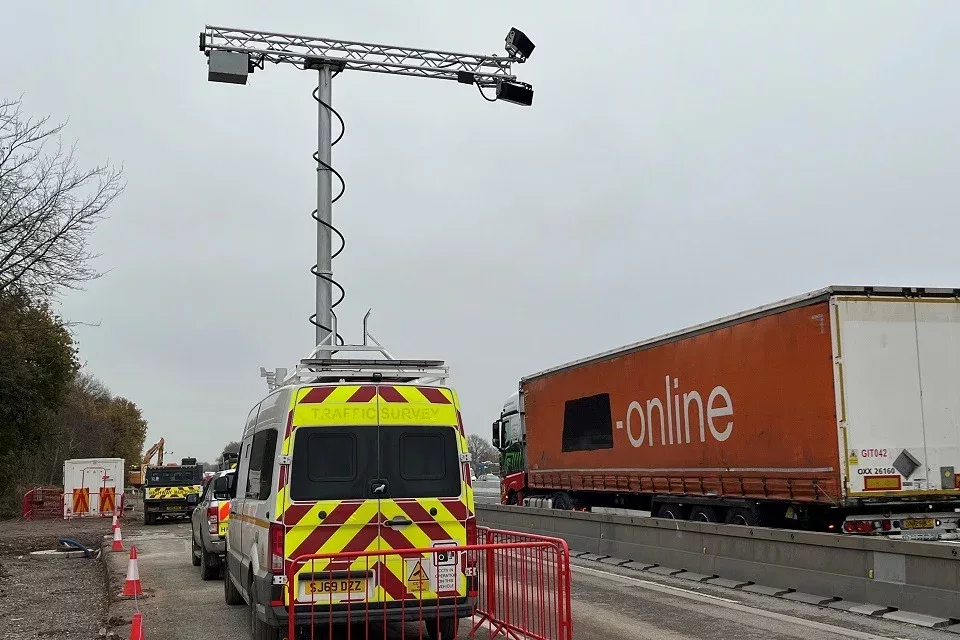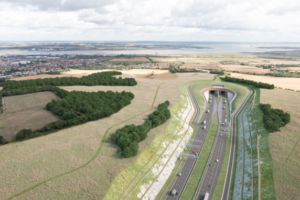Warwickshire Road Safety Partnership is asking drivers and their passengers to check everyone is wearing a seatbelt before travelling.
It says that, whilst most people always wear a seatbelt, during a two week enforcement campaign in the county last year, 87% of those not wearing a seatbelt were male and 88% of those not wearing a seatbelt were over 25 years old, which follows the national trend.
The campaign is using social media to draw on the well-known phrase ‘it doesn’t take a brain surgeon’ to demonstrate that wearing a seatbelt is simple and not requiring much effort.
Inspector Jem Mountford said “We are finding it difficult to understand why more men would choose not to wear a seatbelt because a seatbelt is one of the simplest and most effective things they can do to reduce the risk of injury in a collision to them and their passengers.
During the campaign we will be using social media to draw on the well-known phrase ‘it doesn’t take a brain surgeon’ to demonstrate that wearing a seatbelt is simple and not requiring much effort. Most drivers and passengers are more than capable of the required action.
Figures from PACTS suggest 30% of people who died in cars in 2021 were not wearing a seatbelt. Police in Warwickshire say some drivers and passengers “seem to be either forgetful, lazy or lack concern”.
Warwickshire Police has been working in partnership with National Highways to trial artificial intelligence technology delivered by Acusensus and AECOM to detect seatbelt offences.
In September and October last year, the National Highways Sensor Van from Acusensus (pictured) checked a total of 122,241 vehicles on the M40 and A46 in Warwickshire as part of the trial, over a period of 64 hours. This identified 512 vehicle occupants without a seatbelt and led to 152 mobile phone detections. Of the 664 offences detected, it is estimated that 530 (79.81%) were committed by people between the ages of 30 and 49, while 627 (94.42%) of those caught out are male.
The technology can also spot when people are using a hand-held mobile phone at the wheel.
“This technology is achieving great results and we believe it won’t be long before cameras use AI to detect all sorts of driver offences,” a safety partnership statement reads. “We hope this will mean even those more reluctant drivers will change their habits and belt up.”
(Picture – National Highways)
























